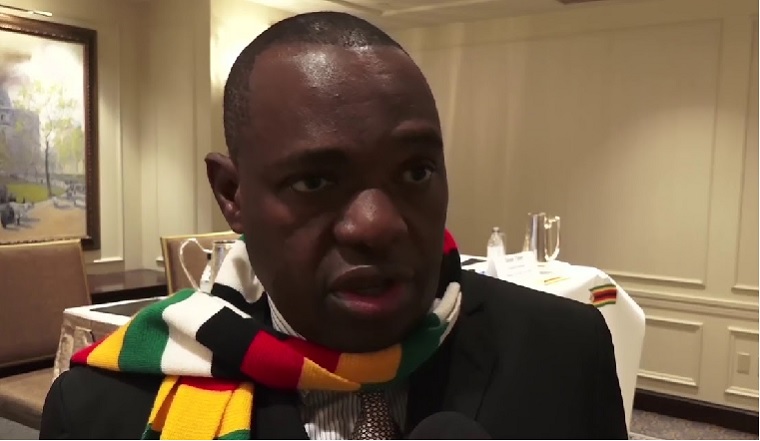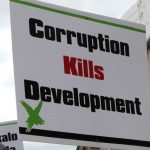Viscount Hanworth (Lab): My Lords, the Zimbabweans are a people of truly democratic spirit who are ruled by a venal and vicious mob of soldiers and policemen who have survived the demise of Robert Mugabe, to whom they owe their positions. Now they are systematically robbing and suppressing the nation. This country has profited greatly from an influx of Zimbabweans, who work as nurses, doctors, teachers and others. Will the Government acknowledge this debt and give sanctuary to those such as journalists, authors and churchmen who now find themselves in peril?
Baroness Sugg (Con): My Lords, I join the noble Lord in paying tribute to the contribution that people from Zimbabwe have made in this country. As I said, we are still working to try to see the promised reforms. We have been clear that a lack of meaningful economic and political reform, as well as the ongoing human rights violations, means that the Government of Zimbabwe are far from achieving the level of reform that we need to see. We will work closely with like-minded partners to continue to raise concerns, press for respect of the constitution and see the sustained implementation of the reforms that have been committed to.
Lord Chidgey (LD) [V]: My Lords, last weekend an extravaganza in Zimbabwe to launch a people’s protest against sanctions resulted in demonstrations outside German embassies and 14 likes on Facebook. More telling, I think, was the action, led by South Africa’s President, Cyril Ramaphosa, of the African Union and the Southern African Development Community, calling for their unconditional removal, which received the robust UK response that corruption has driven investors away, not sanctions, leaving Zimbabweans struggling in poverty. Will the Minister recognise that eminent Africans such as the past President of Botswana, Ian Khama, are calling for a special SADC summit to address poverty and human rights abuses in the region, and will the Government work with other donors to support this initiative?
Baroness Sugg (Con): My Lords, the UK is committed to working in partnership with the African Union as well as the Southern African Development Community and other international organisations. We will continue that work, alongside the international community, to help support good governance, respect for human rights and genuine political and economic reform in Zimbabwe.
Lord Collins of Highbury (Lab): My Lords, I return to the point that the noble Baroness has just mentioned in terms of how we build support in civil society to defend human rights and stop the abuses. Have the Government got a strategy for working with civil society, including faith groups? I specifically ask the Minister whether she can work with the TUC and its international affiliates to ensure that we support workers who are organised in Zimbabwe to defend their own human rights.
Baroness Sugg (Con): My Lords, the UK supports the political and human rights of Zimbabweans through reinforcing our diplomatic engagement, but also specifically supporting civil society organisations. We work with Zimbabwean citizens to help hold the state to account for its use of resources and respect for human rights, and we provide support to over 50 civil society organisations focused on the defence of human rights. I will certainly follow up on the noble Lord’s suggestion of directly engaging with the TUC on this matter.
Continued next page
(353 VIEWS)


